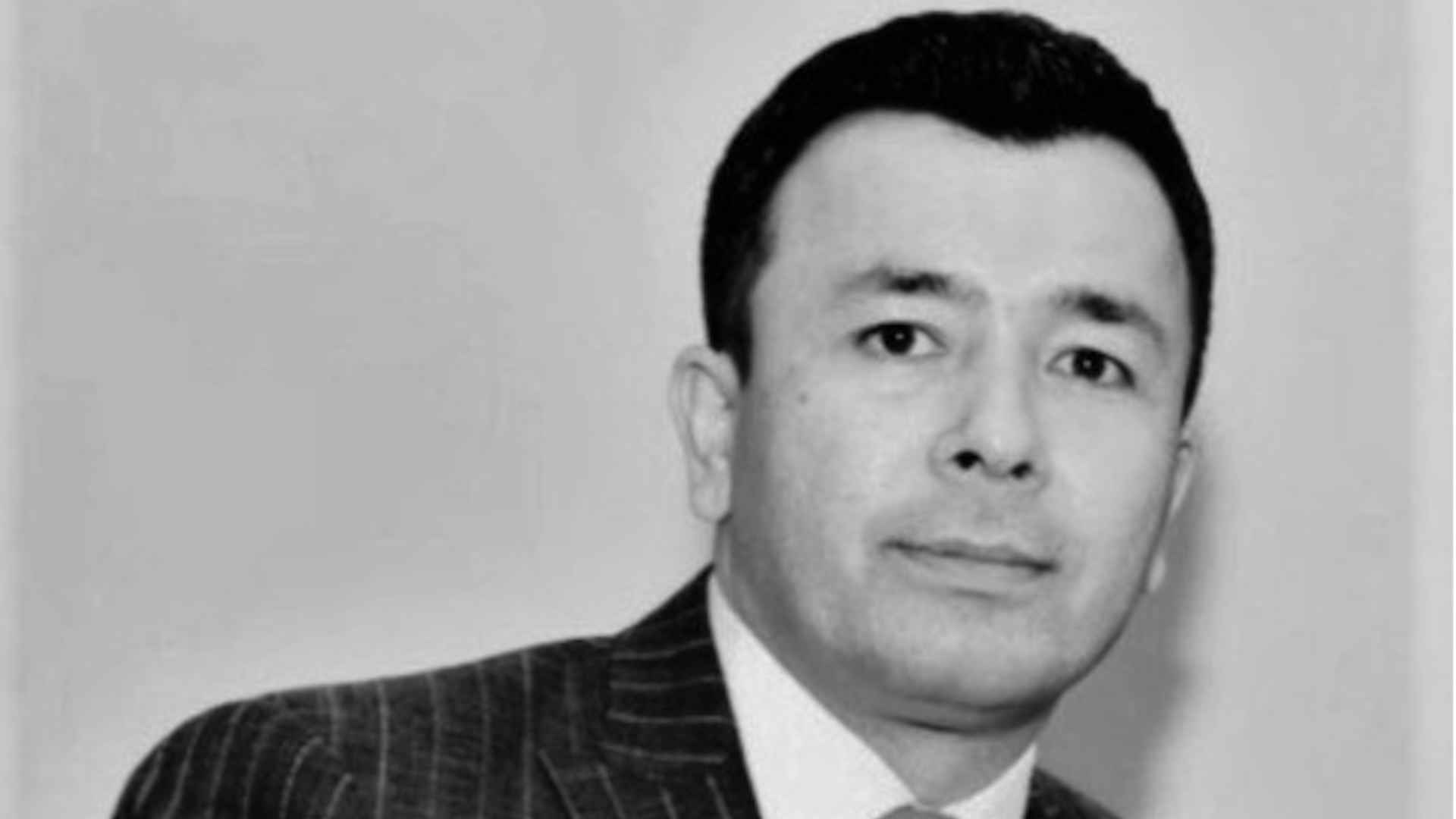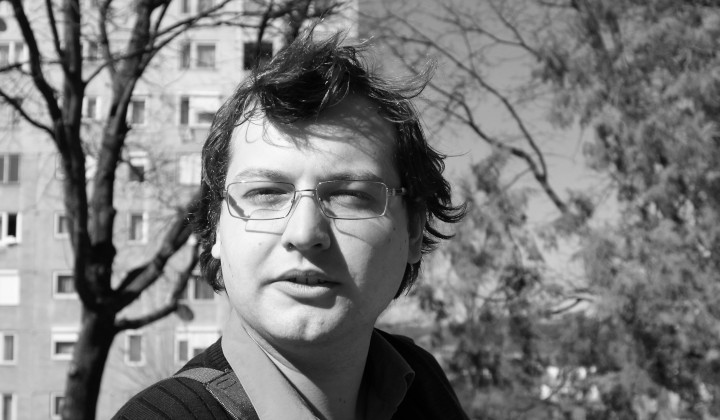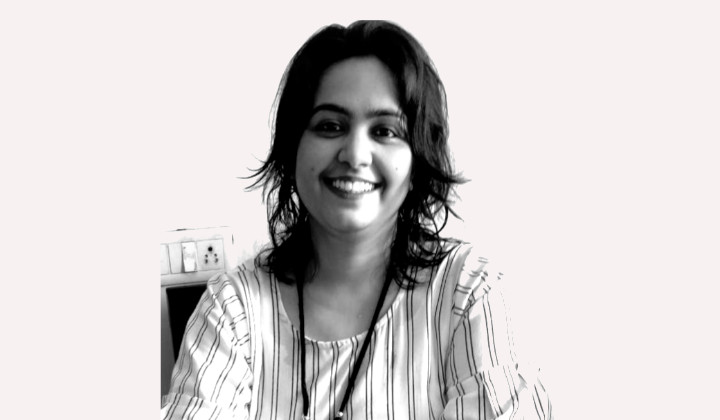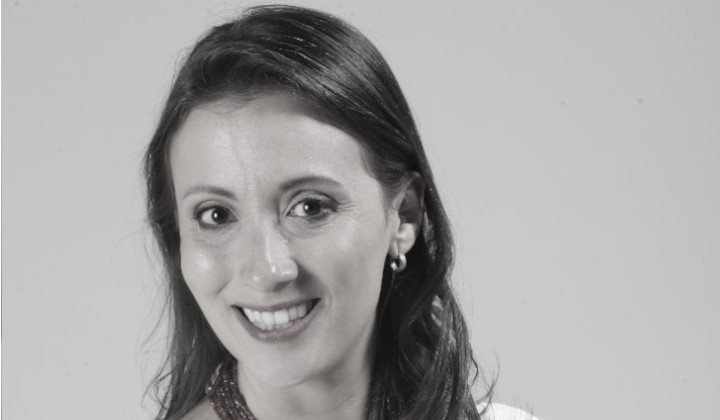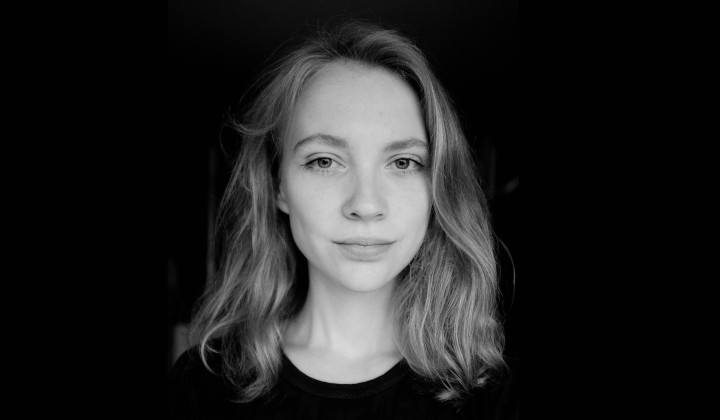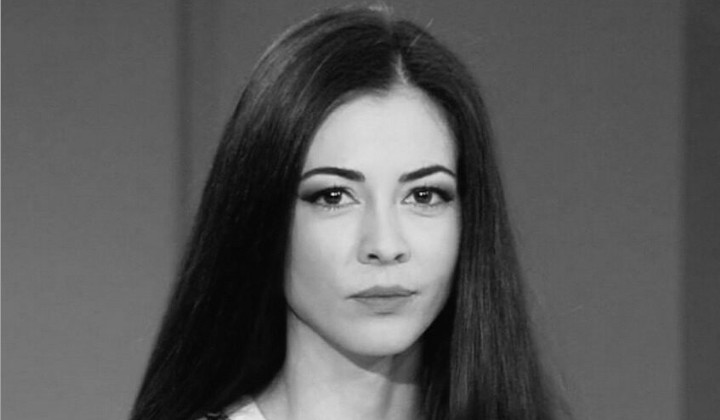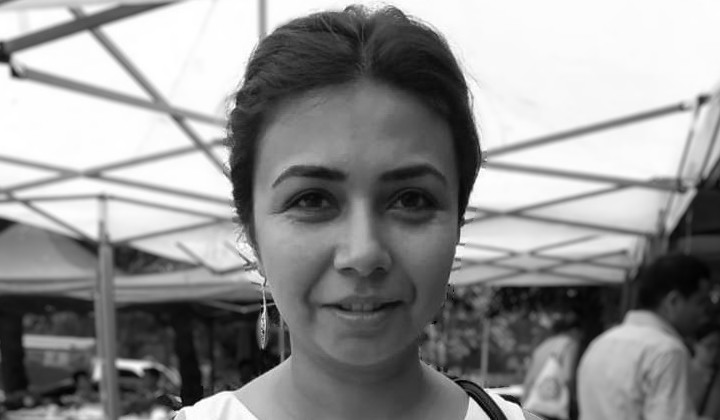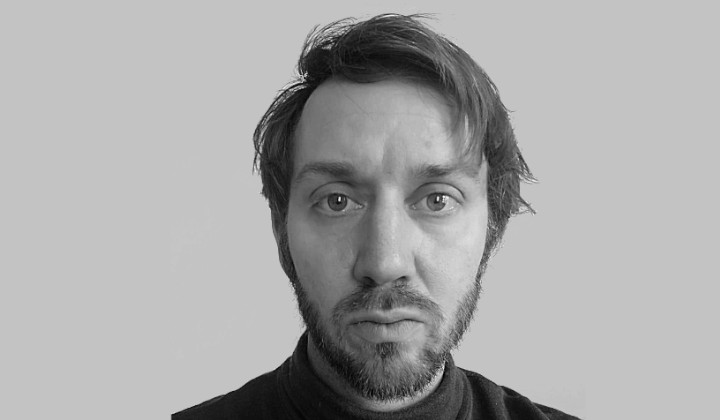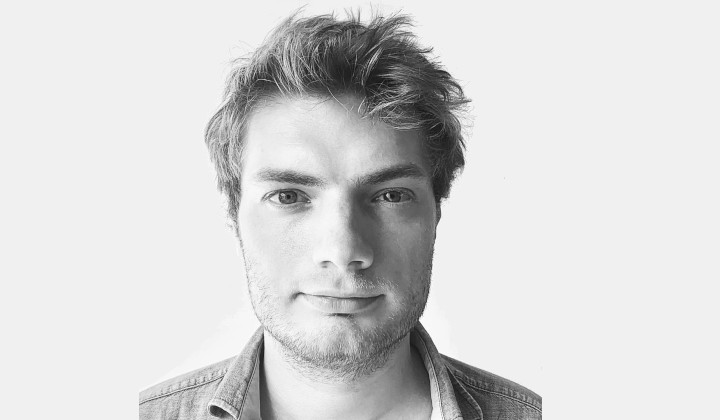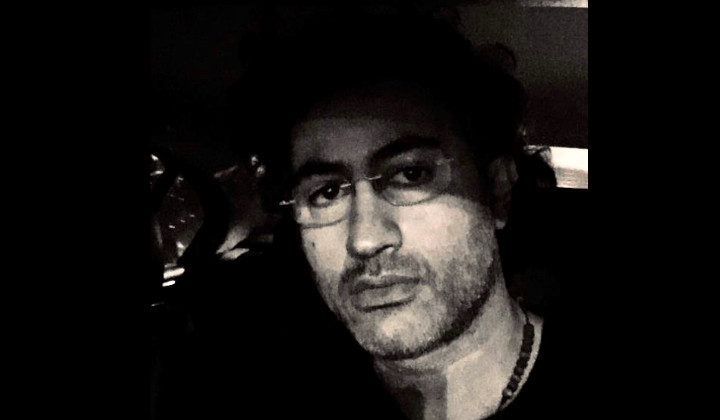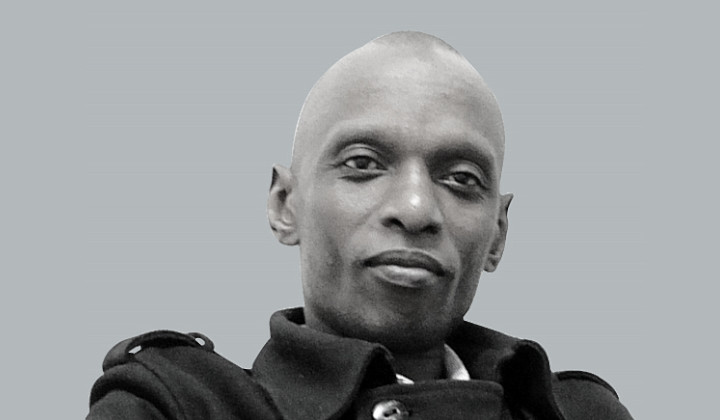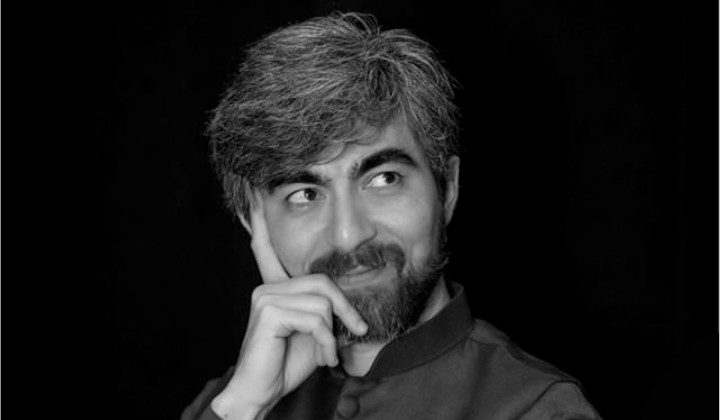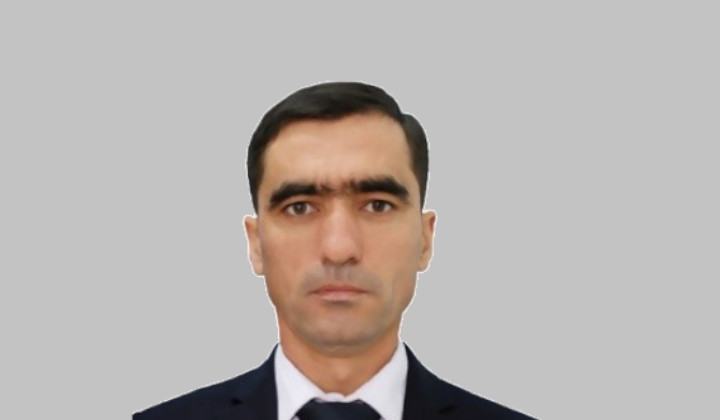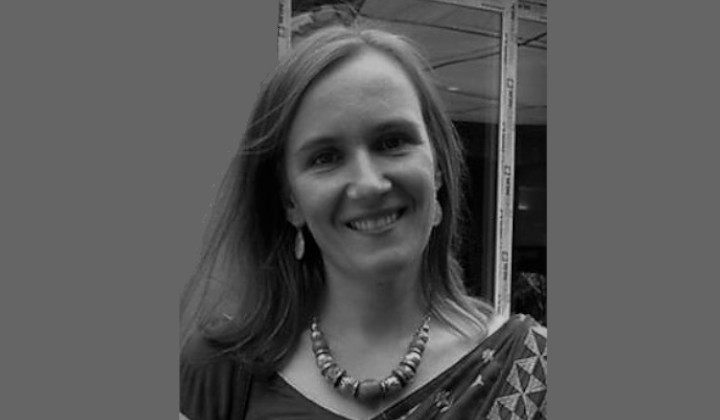Nádia Pontes – Searching for cold waters
Brazil | 2020
written by
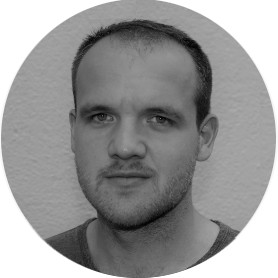
Jan Christoph Freybott
As a veteran journalist, Nádia Pontes has seen many graphic things in her life.
But when she speaks about the Brazilian journalists who were beaten up by President Jair Bolsonaro’s followers last week in Brasília, her voice conveys a hint of disbelief.
“During the last five years it has become more dangerous for journalists in the field,” Pontes said.
Pontes’ colleagues from the Brazilian capital were attacked during a demonstration in favor of the Bolsonaro government on Sunday. Eventually, pictures of the attack were published.
“It is so ugly to see this violence on TV,” Pontes said.
However, the attack is not an isolated case but part of a broader picture, displaying an anti-journalistic sentiment in the country that has all but increased since Bolsonaro took office in January 2019.
When asked about the early years of her career, Pontes’ tone brightens up. A career that seemed unlikely to happen.
Pontes was born in the city of São José dos Campos, a powerhouse of the region’s industrial and research sector, located 80 kilometers East of São Paolo. Raised by a working-class father and a mother without a proper formal education, her path to journalism was not exactly laid out for her. In fact, going to university set a precedent in her family.
Nonetheless, Pontes made her way to the state university in Bauru where she started her bachelor’s degree in journalism and social communication.
“That was a completely new world for me,” Pontes said. “It was a wonderful time.”
Even though her parents could not support her much, Pontes graduated four years later. After working a couple of months for a radio station, she was determined to jump into cold water once again, taking off to London.
“We wanted to learn the language,”Pontes said with a laugh about her youthful curiosity.
Together with her then boyfriend, who is now her husband, Pontes took jobs as a waitress or as a receptionist in a hairdresser’s salon to pay their bills.
“Nobody would have believed me that I was a journalist,” Pontes said.
After a short trip to Germany, they headed back to Brazil, where Pontes’s journalistic career picked up speed. While working for the prestigious channel TV Vanguarda, she also got in touch with journalists from Deutsche Welle, tempting her to take language courses in German.
An unlikely coincidence in 2008 helped Pontes get in touch with what should later become her journalistic topic number one: climate change and environmental issues. In reaction to an alarming report by the IPCC, her editor at TV Vanguarda sent her team off for a comprehensive documentary on climate change.
“Back then, climate change was not a hot topic in Brazil,” Pontes said, stressing how unconventional it was to venture into a documentary on the issue.
During the course of seven months, Pontes and her team went to see shrinking Arctic glaciers in Canada, talked to scientists and sustainable companies in California, Brazil, France, England and Germany. Back in Brazil, they delivered an impressive piece that won several awards.
“This documentary really changed my life forever,” Pontes said, talking of “bright years” in which something like an environmental awareness finally seemed to emerge in Brazil.
And for Pontes too, the future seemed to be holding a lot of promise. In the follow-up to the eye-catching documentary, talks with Deutsche Welle intensified. After being an intern for three months, she was offered a one-year contract. When she thinks back to that offer, she starts to rhapsodize.
“That was like a fairytale to me, literally the chance of my life,” Pontes said.
As for her trip to London five years earlier, Pontes kind of learned the language en passant. However, she thrived at the Brazilian office of Deutsche Welle in Bonn, consolidating her role as an expert for environmental issues.
After five years in Germany, Pontes went back to Brazil in order to get a master’s degree in environmental science, making the Amazon rainforest the new focal point of her work. And her work in the Amazon bumped her into another topic that soon was to be the second pillar of her journalistic work: indigenous people.
“As an environmental journalist you are not able to write about the Amazon without knowing about indigenous people,” Pontes said, regretting that she “as a Brazilian” did not know much about them for so long.
Pontes’ first professional encounter with indigenous people was in 2016, when a projected power plant in Pará state stirred a controversy. In the end, the environmental agency suspended the licensing process, leaving the land demarcated to the Muduruku communities.
Since graduation, Pontes worked for several national and international media outlets, including Deutsche Welle, Diálogo Chino and Reuters. While her focus on the Amazon and indigenous people stayed pretty much the same over the years, her working conditions changed for the worse – as for the other journalists in Brazil.
“When I was covering the fires in the Amazon last August, people were trying to intimidate us all the time,” Pontes said, describing an atmosphere in which criminals feel encouraged as they don’t have to fear prosecution by the state. On the other side, interview partners from NGOs nowadays don’t want their names to be published, fearing revenge by authorities or Bolsonaro’s followers.
“People are afraid, they are in panic,” said Pontes describing the current public sphere in Brazil.
“Bolsonaro is a threat to all of us, and we still struggle to find a proper way of fighting back,” Pontes said.
After almost two decades in the field, Pontes belongs to Brazil’s journalistic elite. When asked what coined her passion for journalism that she pursued it so vigorously in the first place, Pontes is not so sure.
“When I was a kid, my father read the newspaper a lot. And I did, too,” Pontes said. “That did not make me want to change the world, but it certainly brought out an idealistic facet of mine.”
To the article

Rewarding genocidal policies?
By Jan Christoph Freybott & Nádia Pontes



